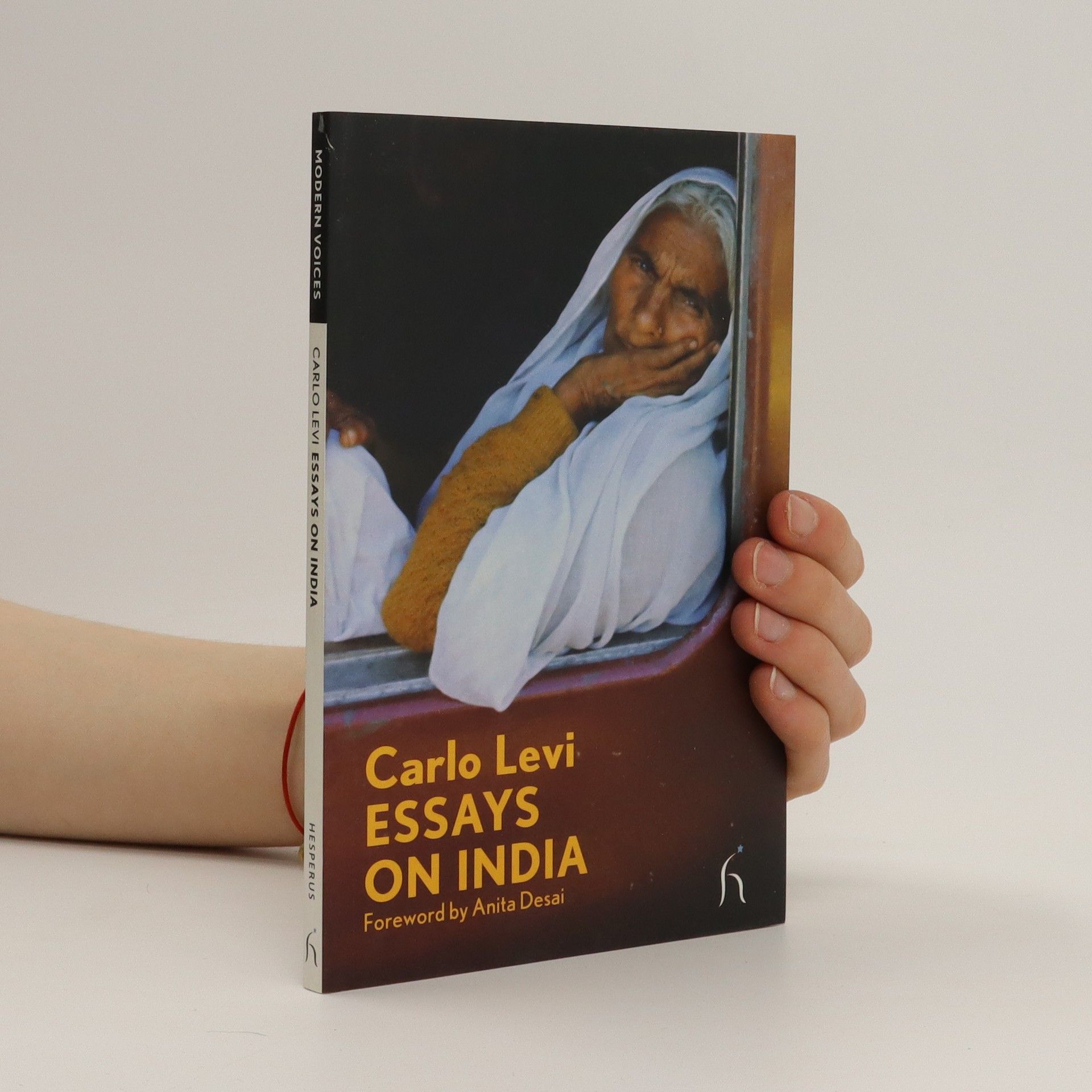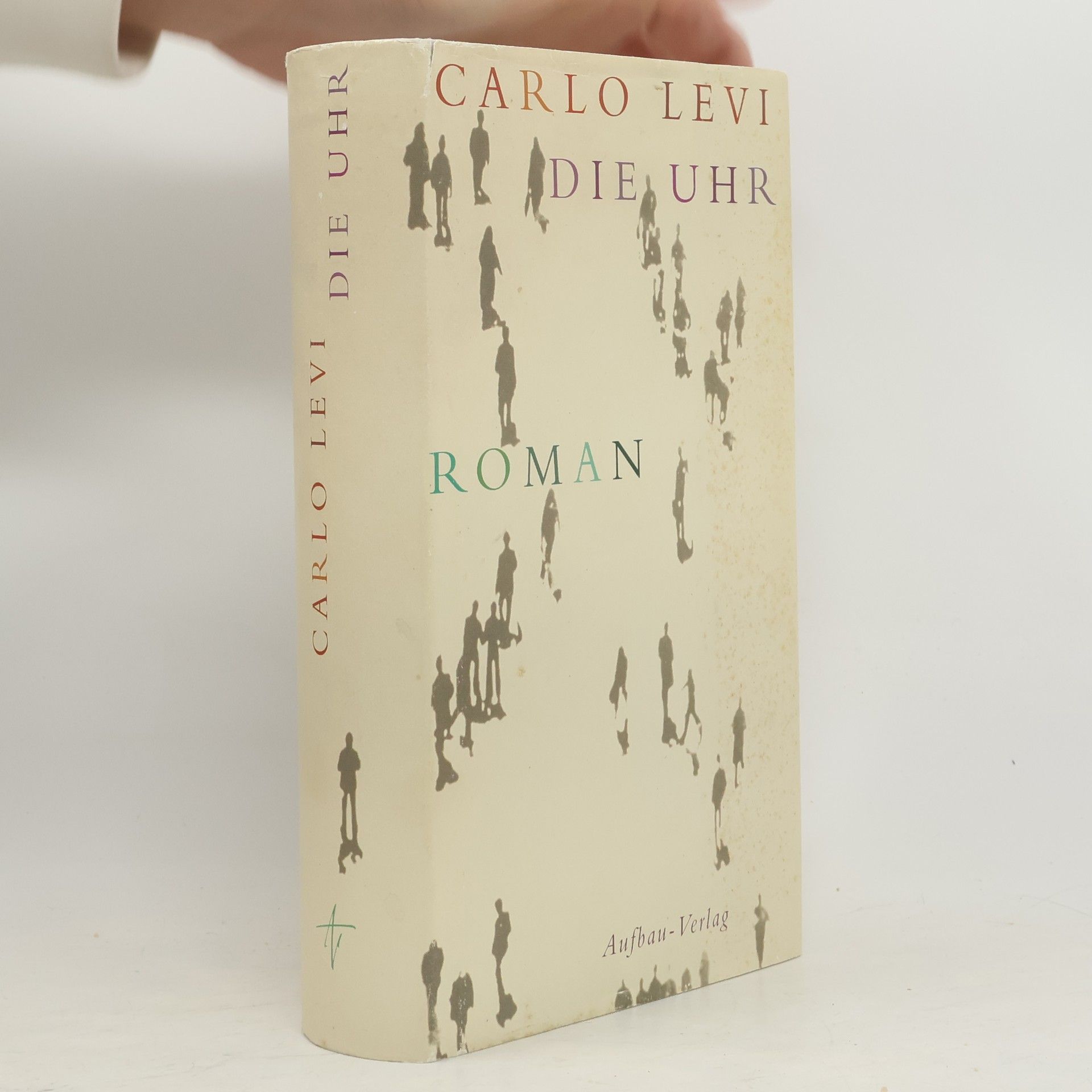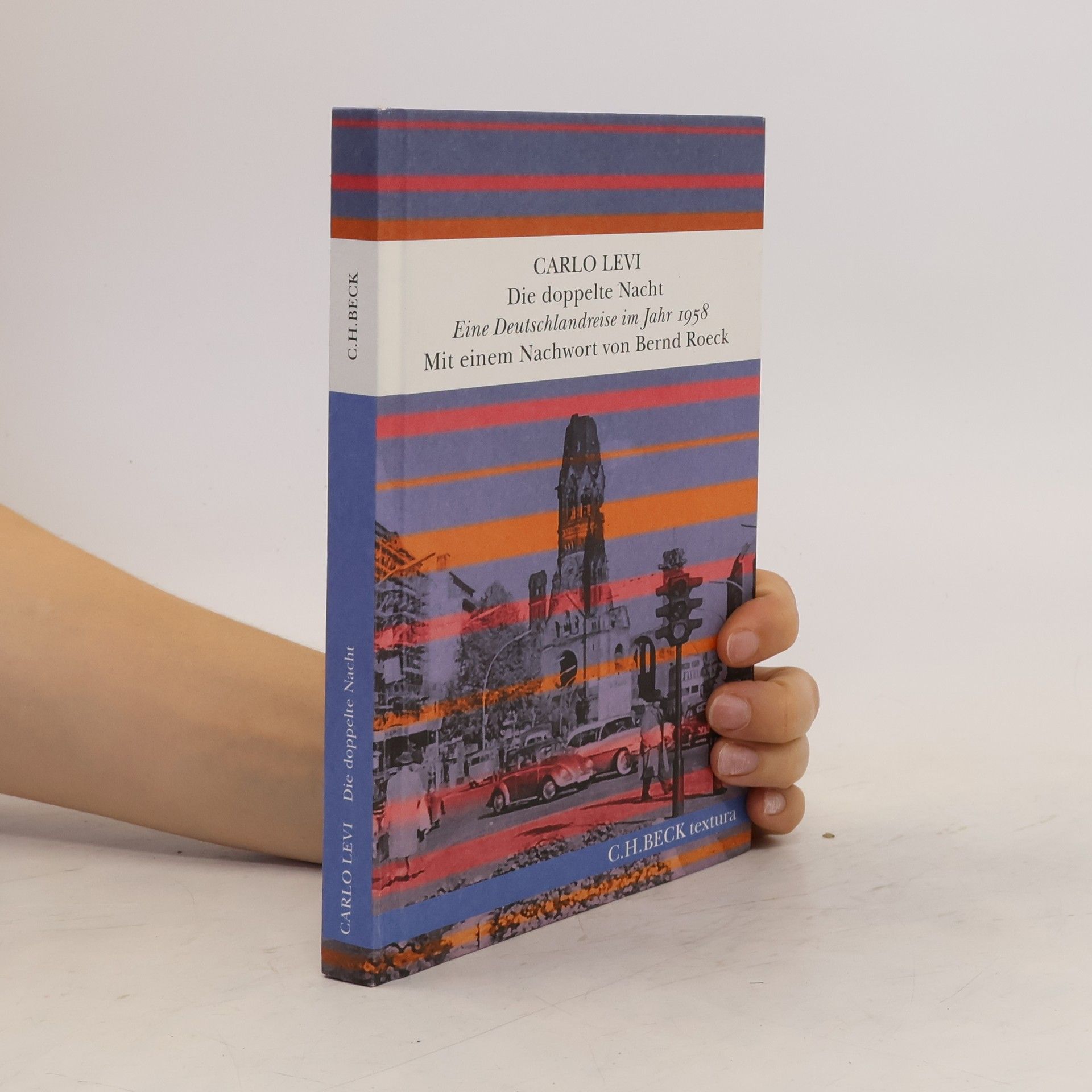Only a renaissance man could have described this glorious city in its heyday. And only Carlo Levi, writer, painter, politician, and one of the last century's most celebrated talents, could depict Rome at the height of its optimism and vitality after World War II.
Carlo Levi Libros
Carlo Levi fue un pintor, escritor y médico italiano cuya obra se caracteriza por su descripción lúcida y compasiva de la vida cotidiana de la gente común. Su escrito más reconocido, derivado de su propia experiencia de exilio en una región pobre del sur de Italia, fue fundamental para llevar los problemas sociales a la atención nacional. La prosa de Levi es reconocida por su enfoque no ideológico y empático al representar las dificultades diarias, ofreciendo una visión penetrante de la condición humana. Su escritura resuena con honestidad y una profunda comprensión de aquellos en los márgenes de la sociedad.







Christ Stopped at Eboli
- 288 páginas
- 11 horas de lectura
Part autobiography, part sociological study, part travel memoir - a reissue of Carlo Levi's classic book on life in a small, desolate Italian town during the 1930s.
With his typically perceptive insights, Levi writes evocatively on his experiences in India, including his interview with Pandit Nehru, his tour of a tent city at a political convention, and his meeting with a Hindu nationalist party. This only available edition of a fascinating account of his impressions of the subcontinent is a valuable addition to the tradition of Western writing on India, made all the more fascinating by the influence that Levi’s famous memoir of exile Christ Stopped at Eboli has had on many Indian intellectuals. Published in 1945, that account of his time spent in exile in Italy after being arrested in connection with his political activism introduced the trend toward social realism in post-war Italian literature.
Carlo Levi was a painter, writer, and antifascist Italian from a Jewish family, and his political activism forced him into exile for most of the Second World War. While in exile, he wrote Christ Stopped at Eboli , a memoir, and Fear of Freedom , a philosophical meditation on humanity's flight from moral and spiritual autonomy and our resulting loss of self and creativity. Brooding on what surely appeared to be the decline, if not the fall of Europe, Levi locates the human abdication of responsibility in organized religion and its ability to turn the sacred into the sacrificial. In doing so, he references the entire intellectual and cultural estate of Western civilization, from the Bible and Greek mythology to Sigmund Freud and Carl Jung. This edition features newly published pieces of Levi's artwork and the first English translation of his essay "Fear of Painting," which was appended to a later publication of the work. It also includes an introduction that discusses Levi's life and enduring legacy. Written as war clouds were gathering over Europe, Fear of Freedom not only addresses a specific moment in history and a universal, timeless condition, but it is also a powerful indictment of our contemporary moral and political failures.
The Watch , first published in 1950, is a portrait of Rome and Italy in the dopoguerra - the period after the war - when the heroism and sacrifice of the partisan war against the Germans ran head-on into a rockwall of conservative reaction. The year is 1948, the main character works for a newspaper in Rome, his friends and family and partisan comrades are all trying to get by and make do.The watch of the title was given to the hero by his father; it's broken, he thinks of fixing it, then wonders if it would be cheaper to buy a new, modern watch. Around him people are forever talking, looking for jobs, wasting time in cafes, grumbling about big business, the church, conservative politicians.The hero is summoned to Naples to visit the sickbed of a favorite uncle. The trip south is dangerous and difficult, along ruined roads through country infested by bandits. The passengers are crowded, they complain and tell stories, all have suffered, none has given up hope.The Watch is a brilliant and unusual tale of life and its torments, and it ends on a note as sweet as it is bitter.
Im Spätsommer 1945 herrscht in ganz Italien Aufbruchstimmung. Der Krieg ist überwunden, GIs kurven in Jeeps durch die Straßen Roms, junge Frauen bekommen von ihren boyfriends Seidenstrümpfe und träumen von l'America, auf dem Schwarzmarkt gibt es duftendes Weißbrot und Zigaretten, ein lauer Abend, ein Akkordeon und die Freiheit sind Anlaß genug, um die Nacht hindurch zu tanzen, und die Angehörigen der verschiedenen Widerstandsgruppen glauben noch an einen gemeinsamen politischen Aufbruch. Doch schon in der ersten freien Regierungsbildung bröckelt das durch Krieg und Faschismus zusammengeschweißte Bündnis und ergibt sich dem korrupten Ränkespiel politischer Interessen, an dem Italien bis heute krankt. Unmittelbar nach seinem Erscheinen 1950 aus politischen Gründen aufs heftigste kritisiert und diffamiert, geriet der Roman für Jahrzehnte in Vergessenheit. Seit seiner Wiederentdeckung gilt er als eines der bedeutendsten Werke der italienischen Nachkriegsliteratur.
Carlo Levis Reisebericht aus dem Jahr 1958 schildert seine Eindrücke von Nachkriegsdeutschland, wo er den Wiederaufbau und den Luxus erlebt, aber auch die Verdrängungen der Vergangenheit spürt. Mit einem ethnographischen Blick erkundet er Münchens Nachtleben und Berlins Weihnachtsmärkte und reflektiert die menschlichen Abgründe in einem von Gewalt geprägten Land.



